China's fourth generation of astronauts have been training in Beijing since August, according to Lin Xiqiang, deputy director of the China Manned Space Agency.
Lin said the 10 new astronauts, including two from the Hong Kong and Macao special administrative regions, have participated in lectures on manned spaceflight programs and have been given specifically designed physical training.
In addition, they have taken part in guided tours, workshops and cultural activities — all of which are intended to help them fit into their new roles.
During their next training sessions, the astronauts will gradually be exposed to more than 200 programs in eight categories and will be taught how to work on the lunar surface, because they will be tasked with realizing the country's manned lunar exploration, the official said.
Talking about the two new astronauts from Hong Kong and Macao, Lin said they joined other astronauts at the Astronaut Center of China, located in a northwestern suburb of Beijing, on Aug 8.
"In addition to common training, trainers have arranged targeted lectures for the two, ranging from the history and spirit of China's manned spaceflight programs to spoken Mandarin. Both of them have fit in well with the team and are training with passion and energy," he said.
China started selecting the country's fourth generation of astronauts in October 2022, and in June this year, it announced the completion of the procedure with 10 candidates on the final list — eight spacecraft pilots and two science payload specialists.
Both science payload specialists were chosen from among Hong Kong and Macao applicants. This is the first time that candidates from Hong Kong and Macao have had the opportunity to join the nation's astronaut group.
According to Huang Weifen, chief trainer of Chinese astronauts, the spacecraft pilots in the fourth group of astronauts have been chosen from among aviators serving in the People's Liberation Army.
She noted that this was the first time that pilots from the PLA Ground Force and PLA Navy have been given an opportunity to become astronauts. Previously, only aviators from the PLA Air Force were chosen for space missions.
Wang Ya'nan, chief editor of Aerospace Knowledge magazine, said the fourth generation of astronauts and their trainers will have to overcome some new challenges, because landing on the moon and working on the lunar surface will be much more sophisticated and difficult than arriving at and operating inside a space station.
"Chinese astronauts now have rich experience in living and working inside a space station, but landing on the lunar surface involves another level of complexity and difficulties," Wang said.
"Those tasked with moon missions will need to grasp a great deal of new knowledge and learn special maneuvers. They will also spend a lot of time familiarizing themselves with much of the latest hardware that no one has ever used," he added.








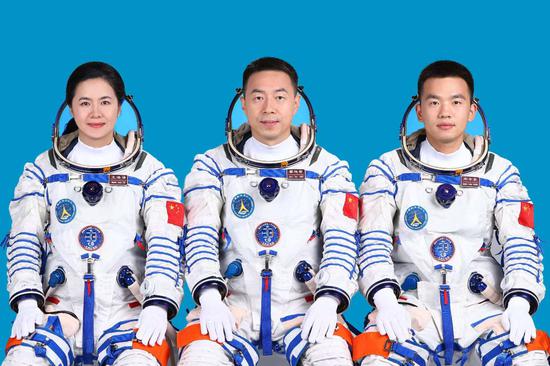
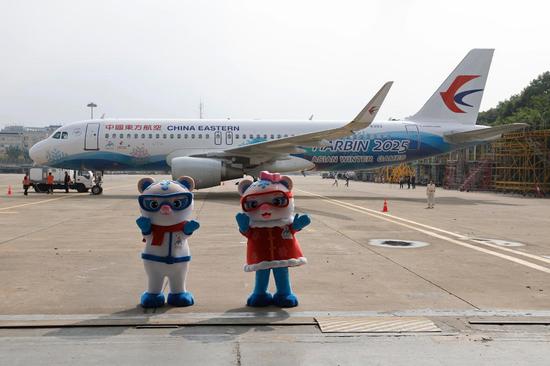
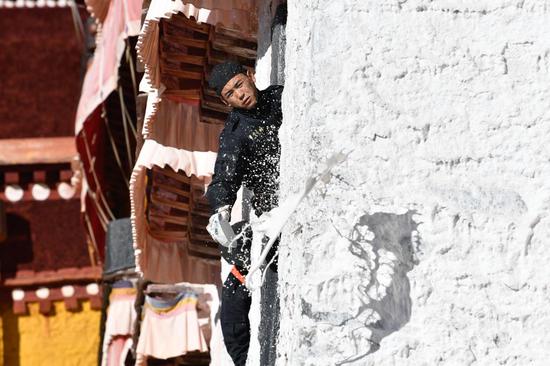
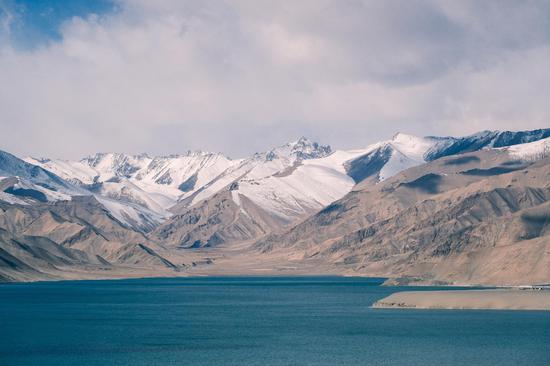
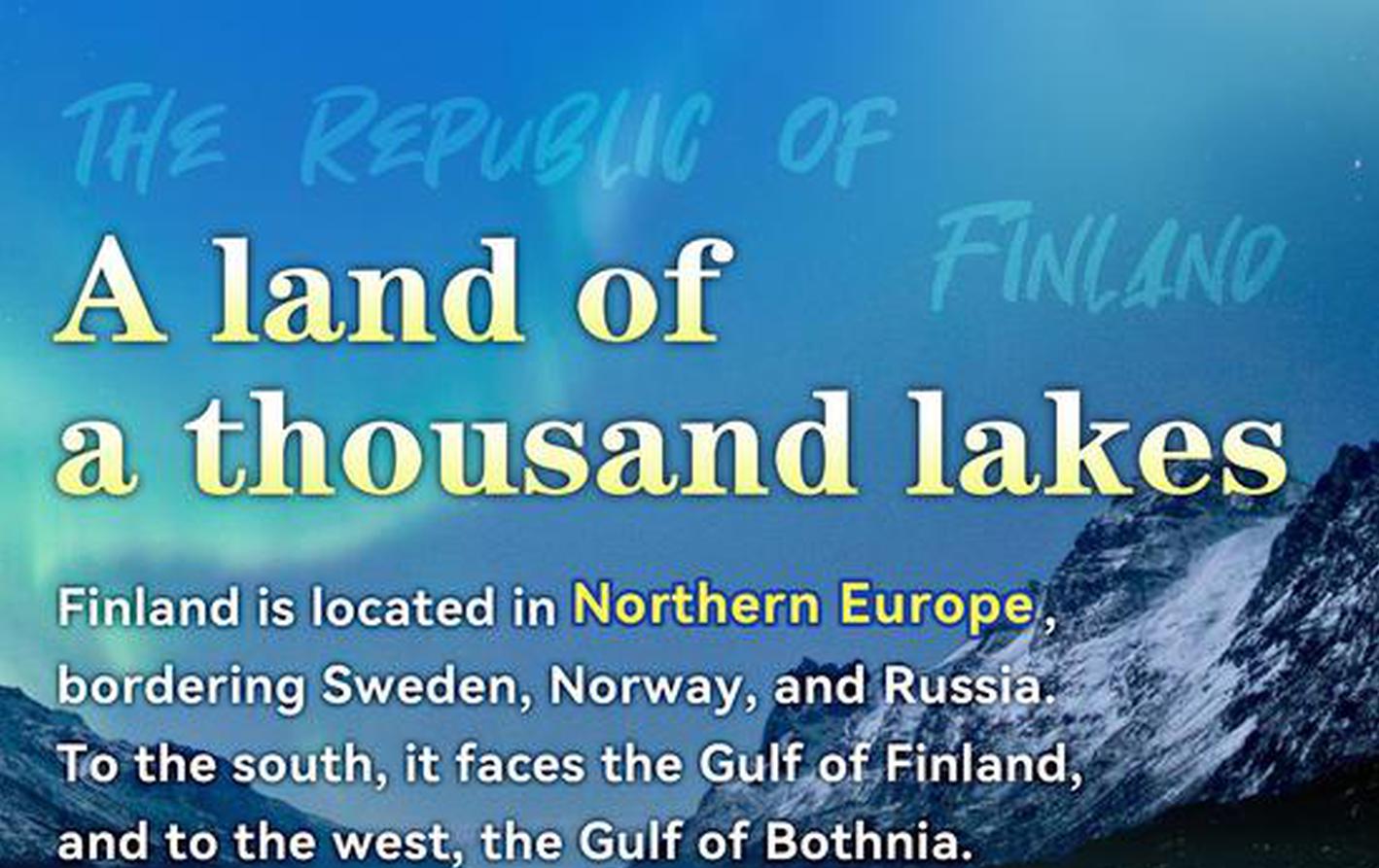
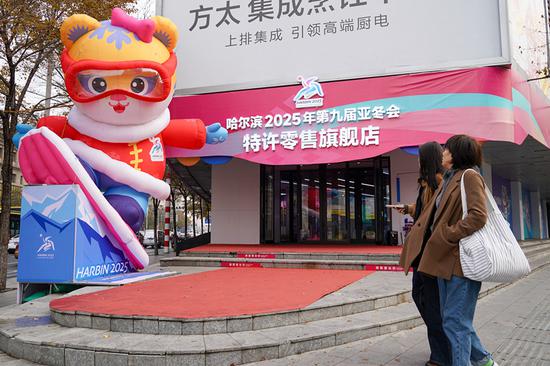
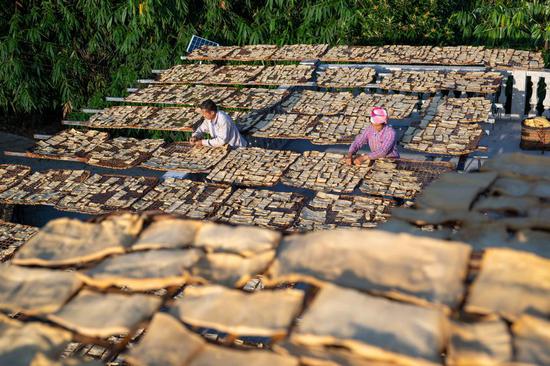
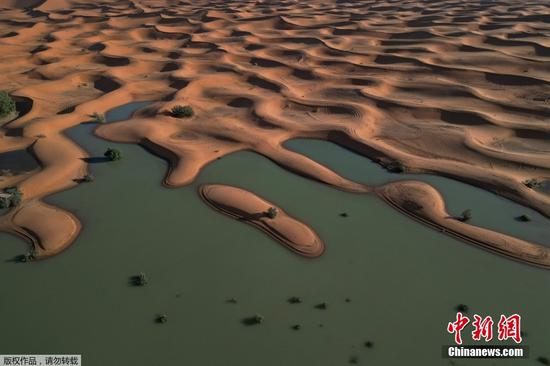
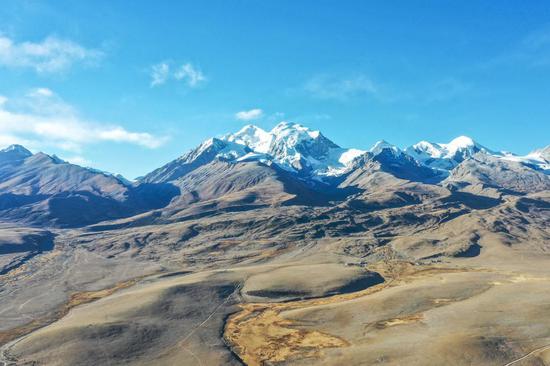
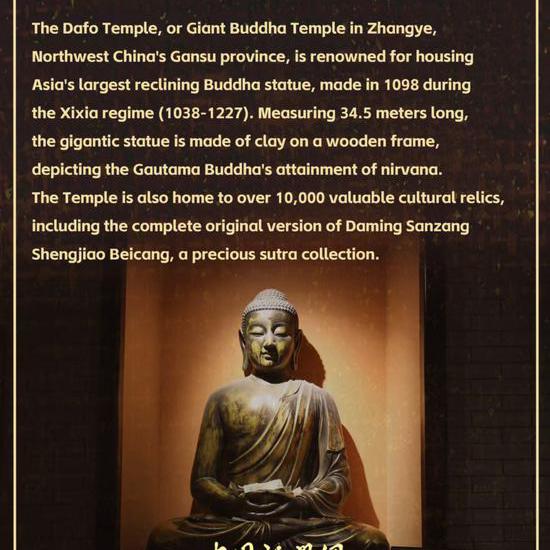
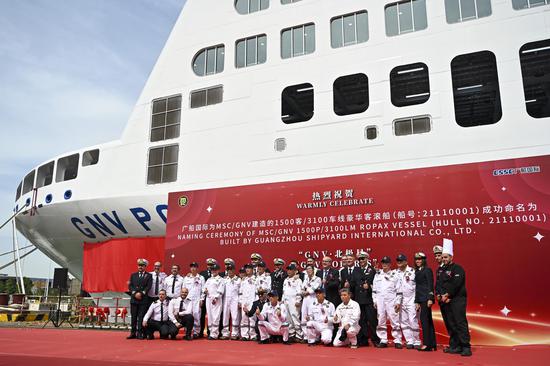
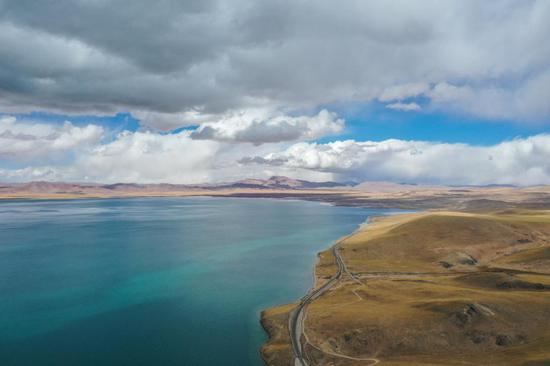

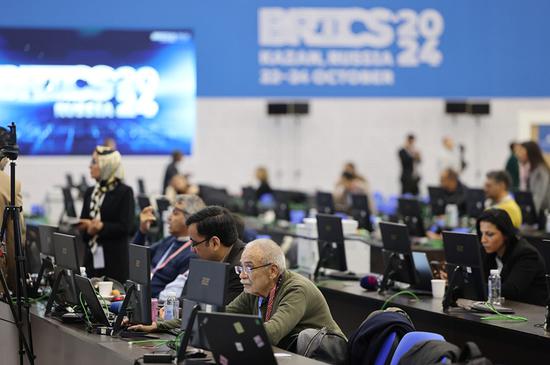
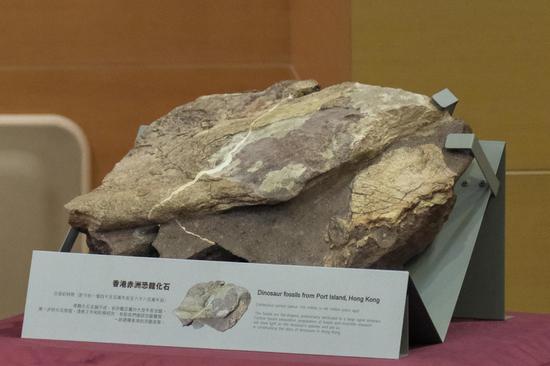
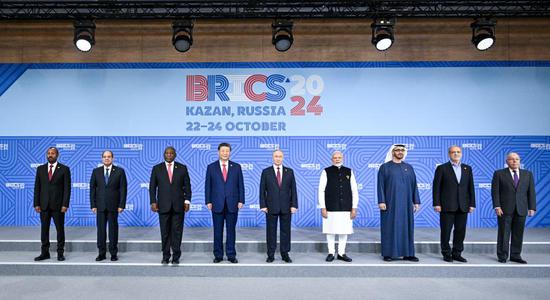
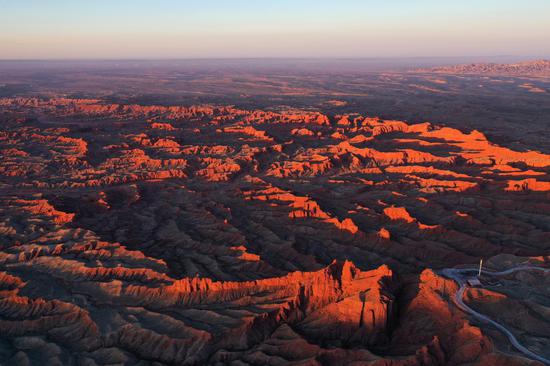
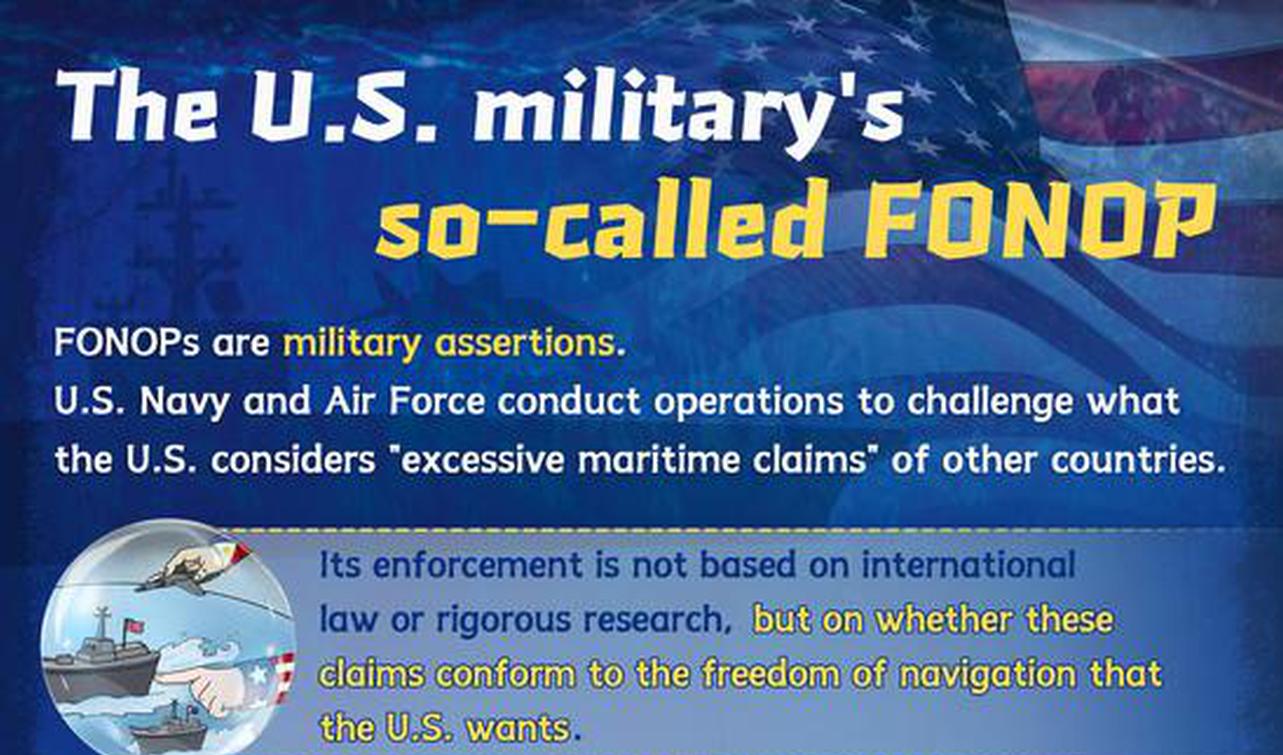

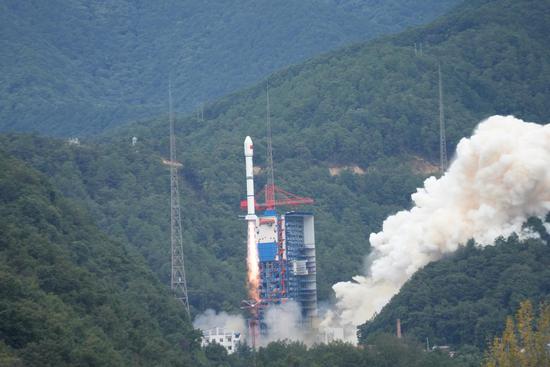

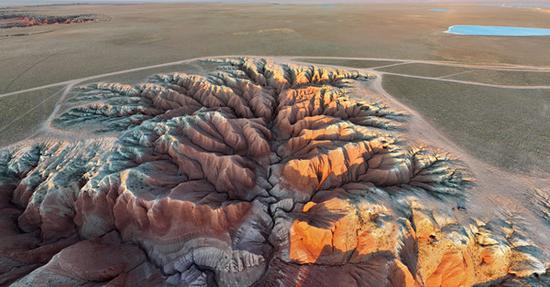
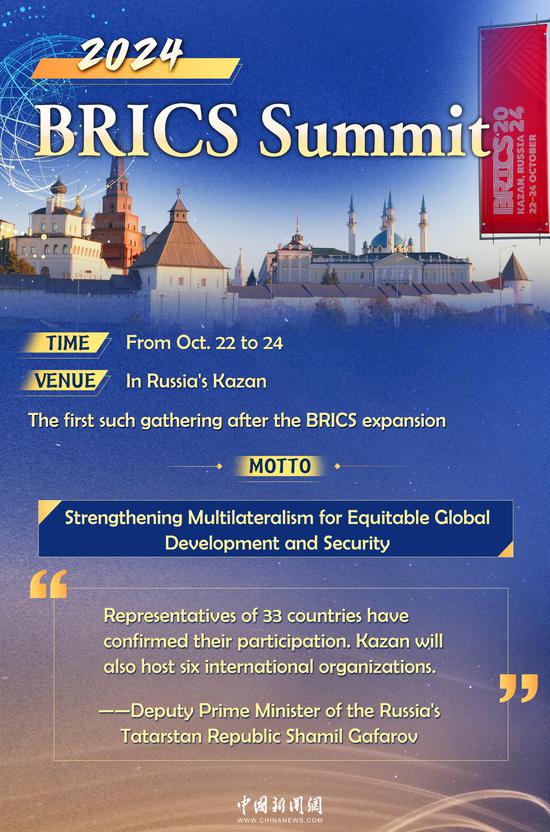

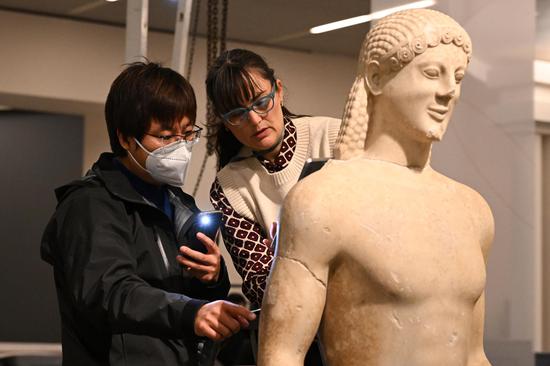
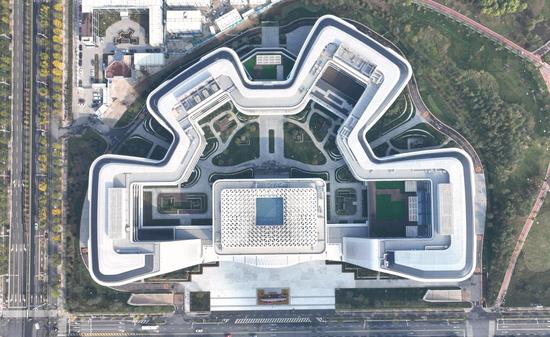
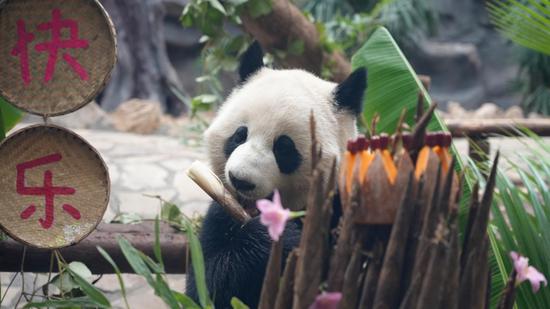
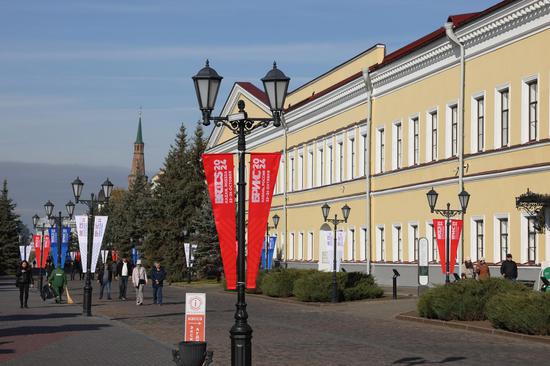

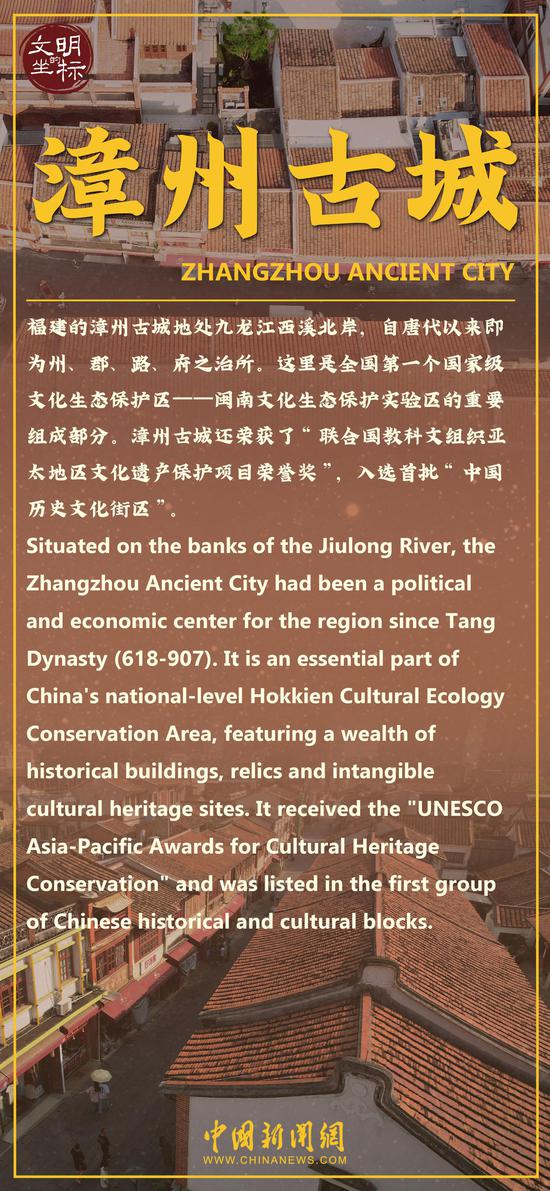
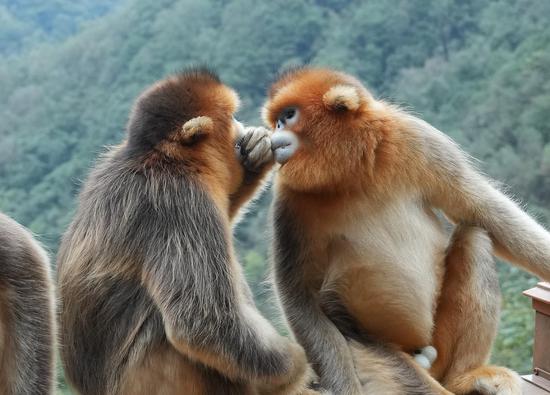
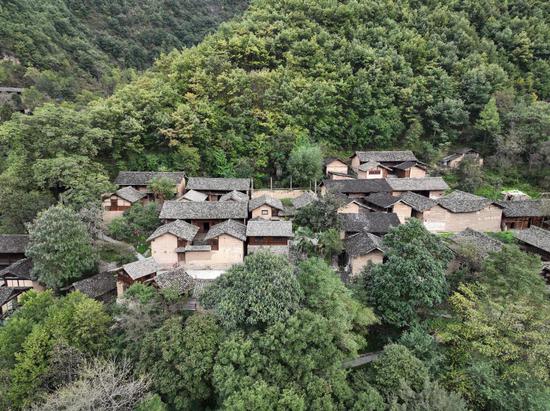
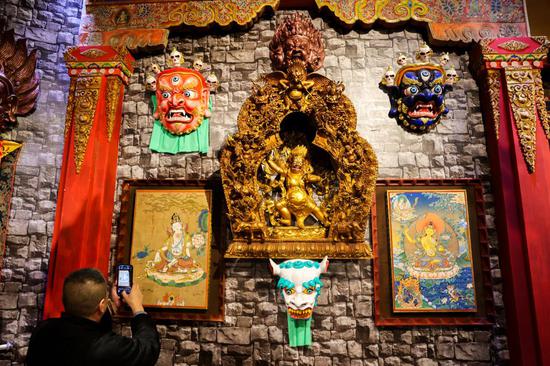
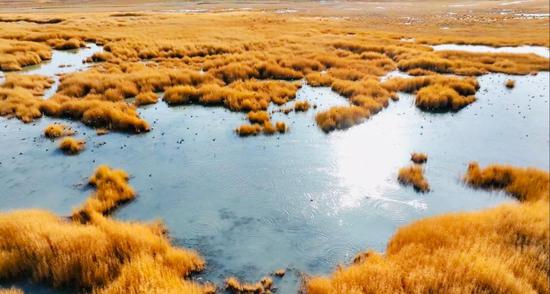
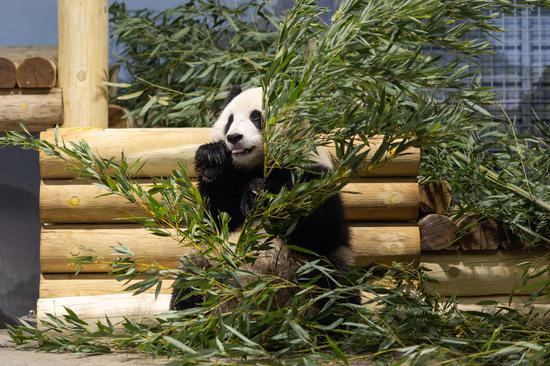
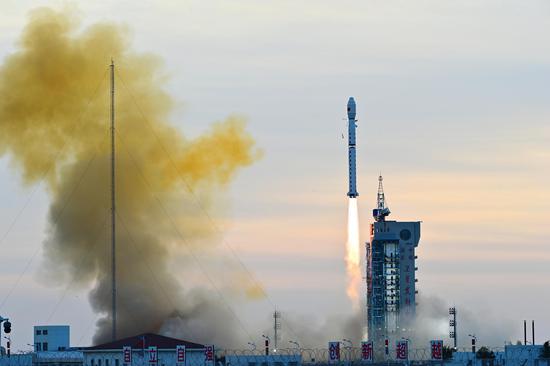
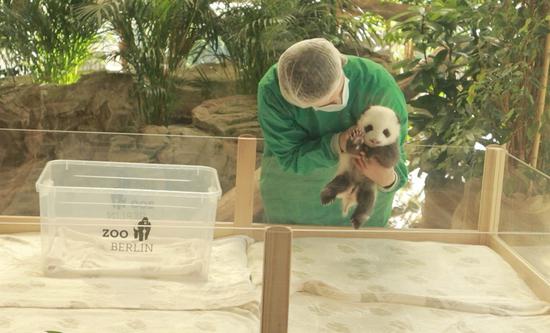

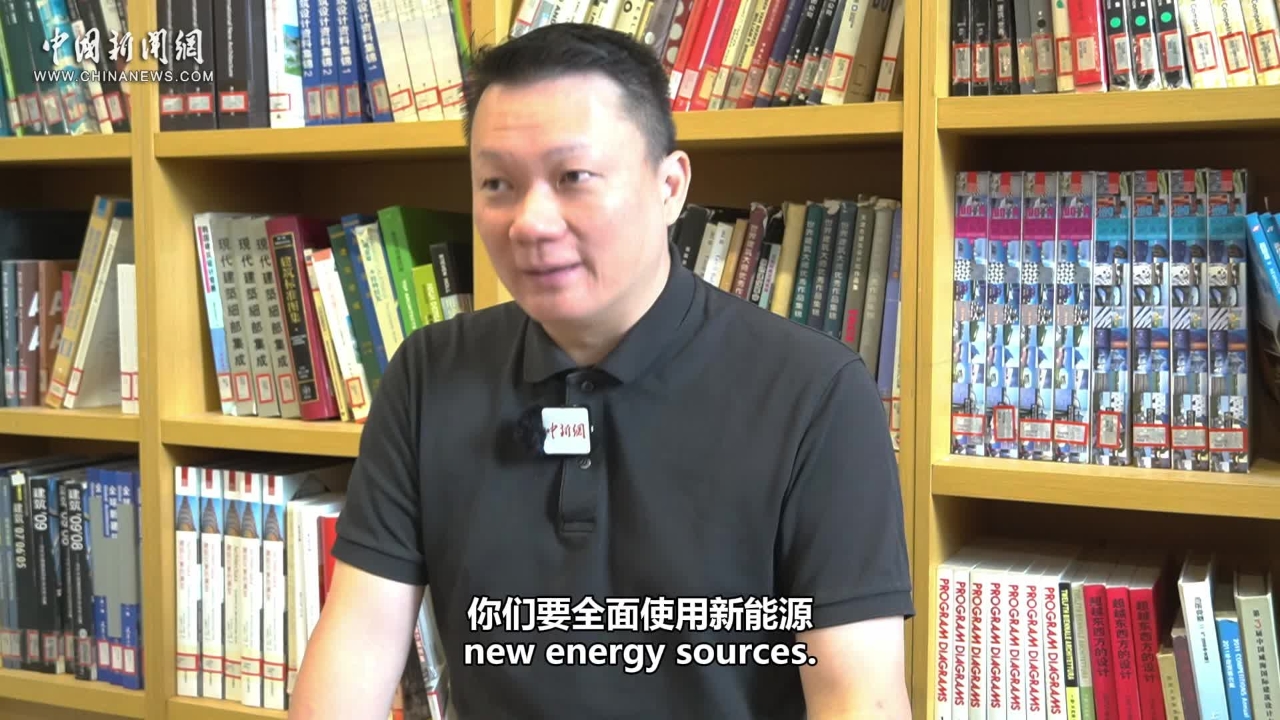

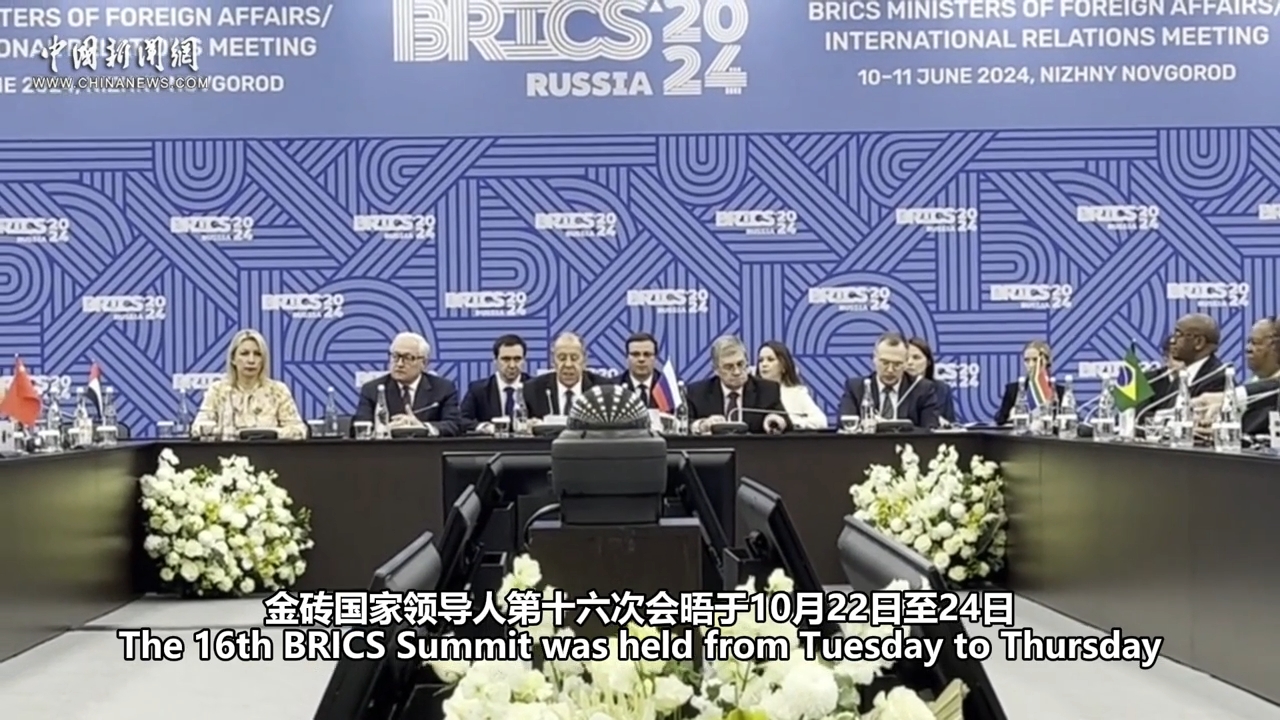

 京公网安备 11010202009201号
京公网安备 11010202009201号
